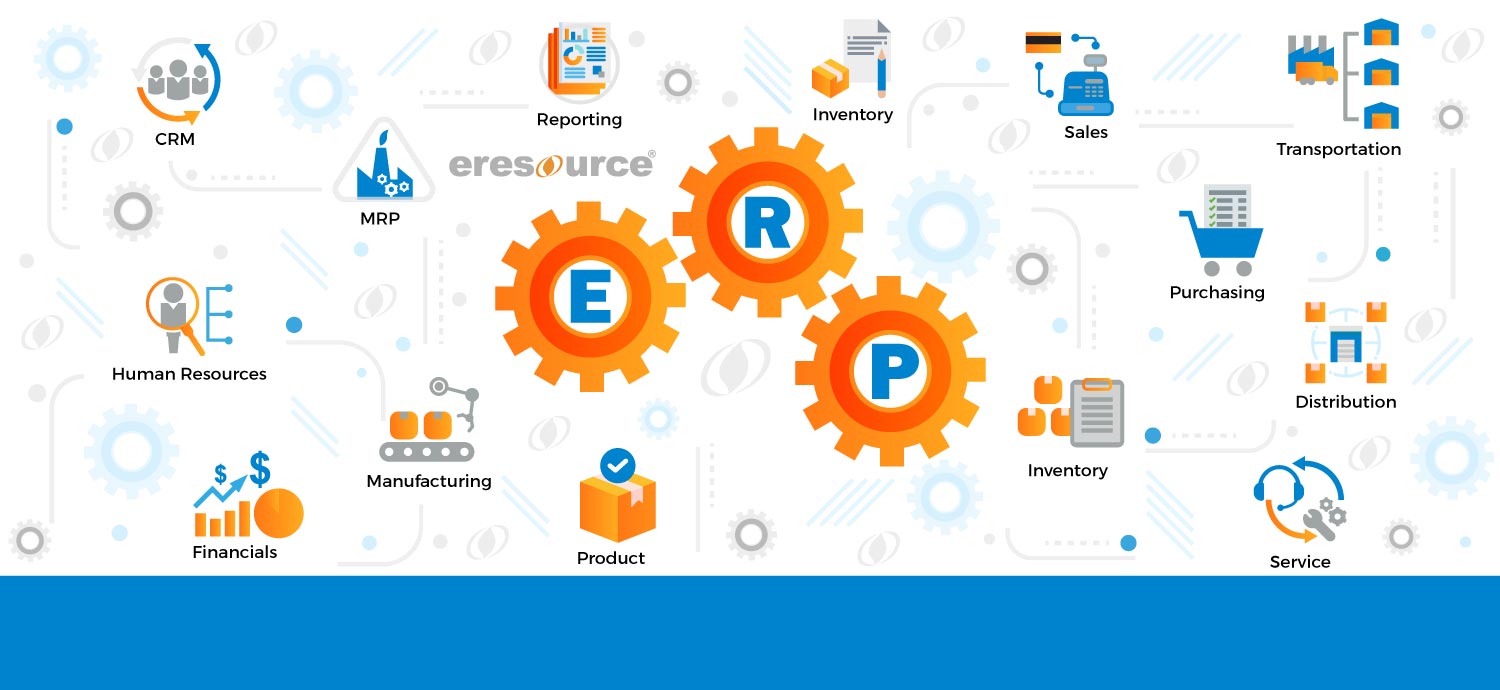In the solar industry, along with successful installations and efficient operations, having good data and document control is crucial to achieving solar success. With effective data management and document control practices, you can harmonize real-time information, ensure accuracy, and provide a single source of information to a company’s employees, employers, and management.
But here, the question is how a solar energy organization can manage the business data effectively while having document control. It’s when ERP for Solar Industry comes into the picture. An advanced ERP system designed for the solar industry will always have the necessary modules, features, and functionality to automate, manage, streamline, and control all processes, from data procurement, storage, management, document control, and reporting.
Also Read – Why is ERP software important for construction management?
This guide highlights the importance of effective data management and document control for solar success and how ERP can help.
- Document management, harmonizing data, and its significance to solar installers
Solar installers need to do a lot of paperwork, such as permits, designs, contracts, and invoices. Moreover, they used to handle an enormous amount of data related to projects, leads, project management, customer information, inventory management, and financial transactions. It’s crucial for solar installation companies to properly manage this data to operate efficiently and make informed decisions.
Data harmonization can be defined as the process of bringing your data in varied forms together, like file formats, columns, naming conventions, and transformations, into a single cohesive data set. This process will turn all your disparate data into one format, making data analysis much easier. With data harmonization and organizing documents, you can easily access standardized and organized information, reducing inconsistencies and errors and improving overall efficiency.
Also Read – Best ERP Software for Manufacturing in India
- Data silos and document dungeons impacting business
Data silos and document dungeons can be explained as scattered data and documents across multiple systems. And this can be detrimental to solar installation companies. It means that your crucial business data will not be available to the entire company but to some parts, like departments, teams, or employees.
These fragmented data environments are the major cause of inefficiencies, delays, and increased costs. With data silos, you can’t obtain a holistic view of your operations, impeding decision-making capabilities and hindering business growth.
You can avoid data silos and document dungeons by implementing a robust solar ERP system. Such applications help companies break down these silos and eliminate document dungeons, ensuring storing data and documents in a single centralized place and easy access to authorized individuals.
- Informed decision-making with real-time, accurate data
You must know that the quality of your decisions depends directly on the quality of your data. Inaccurate or missing data can result in poor decision-making, missed opportunities, and higher risks. All you need to do is establish robust data control processes and leverage solar industry-specific ERP solutions to make informed decisions based on real-time, accurate information.
- Analyzing and cleaning data before reporting or integrating applications
Companies need to analyze and clean business data before reporting or integrating applications to ensure accuracy and consistency. This process involves identifying and resolving data inaccuracies and inconsistencies, addressing missing information, and performing data validation checks.
An ERP system allows solar installers to store and access accurate and complete data, ensuring seamless reporting and integration of applications.
Also Read – The best ERP system for Trading & Distribution business
- Accurate forecasting with good reporting
Accurate forecasting is essential for solar installation organizations to plan and optimize their installations effectively. And it is the result of good reporting. With efficient reporting, solar installers can generate comprehensive reports that provide valuable insights into inventory, project performance, resource utilization, sales or revenue forecasting, etc.
With solar ERP, you can leverage accurate reporting for accurate forecasts, leading to optimum resource allocation, managing project timelines, and making data-driven business growth decisions.
Summing up it all!
Solar installation companies need a single source of truth to achieve solar success, i.e., a centralized repository of up-to-date, accurate, and reliable business data. The most effective way to overcome conflicting data from incompatible applications is to leverage a platform having a single data source for all business operations and processes.
Solar ERP Software is a robust platform that allows users to store, manage, control, and access data from accounting, inventory, resource allocation, project management, supply chain, deliveries, and customer relationship management in a centralized place.
Also Read – Which ERP solution is best for EPC contractors?
Categories
Register for Free Demo!
Recent Post
-

eresource ERP 360 - an
11th Apr 2019 -

A competitive ERP system for
17th Apr 2019 -

Auto components manufacturing industry has
17th Apr 2019 -

Make the best use of
17th Apr 2019







